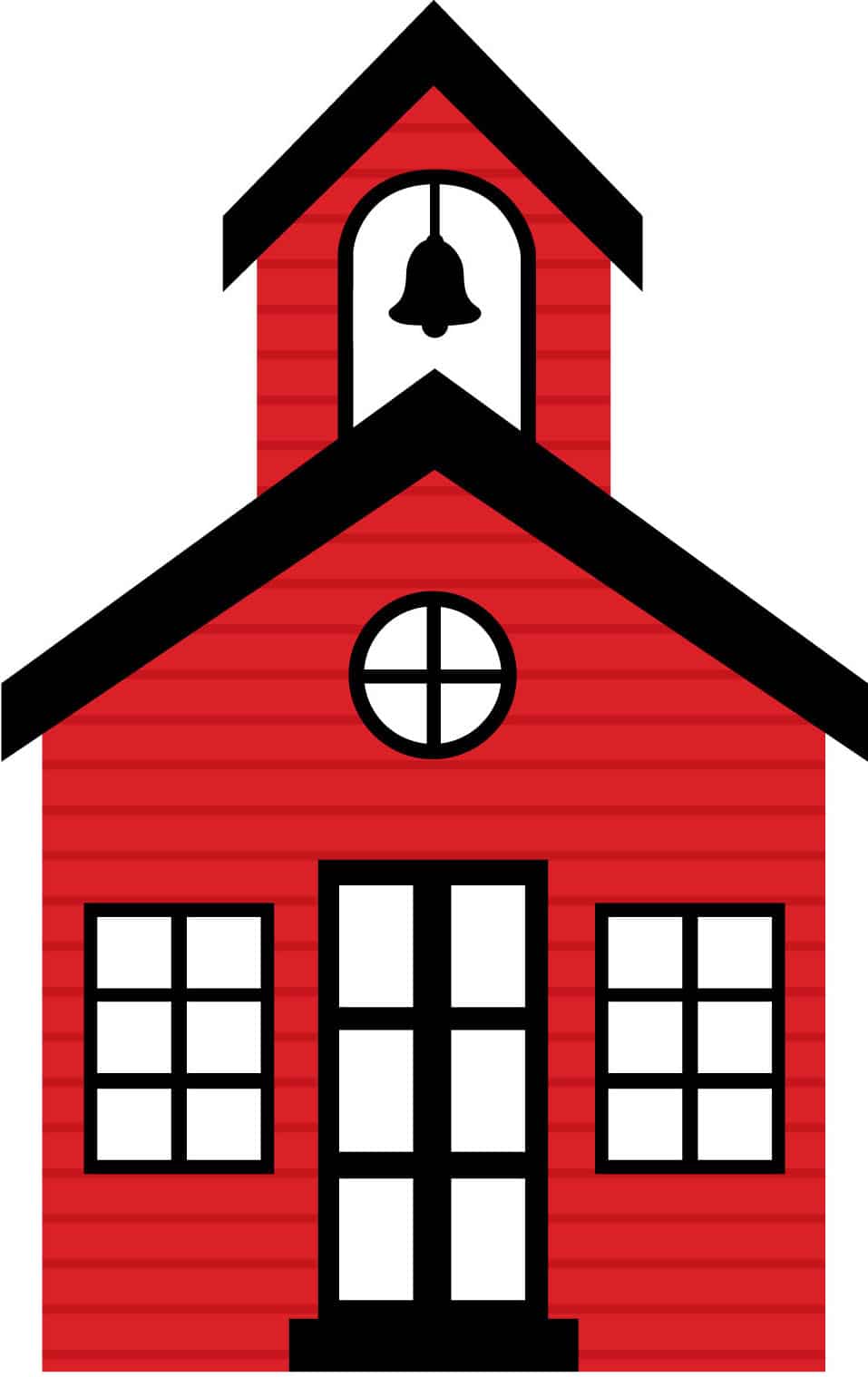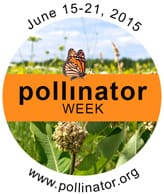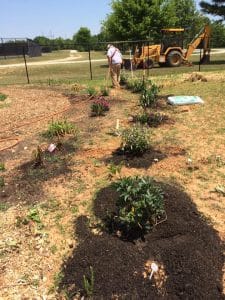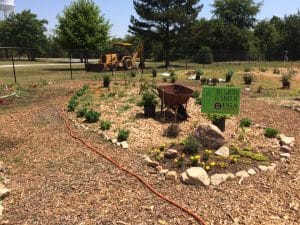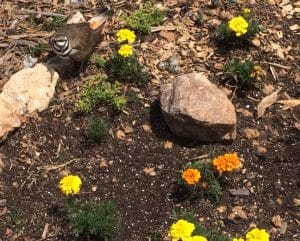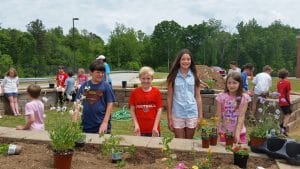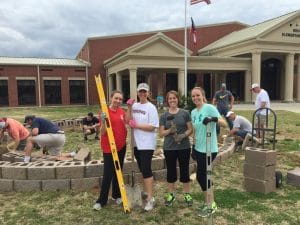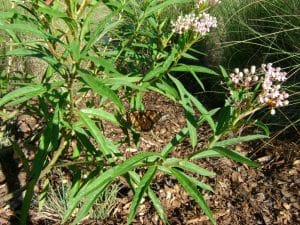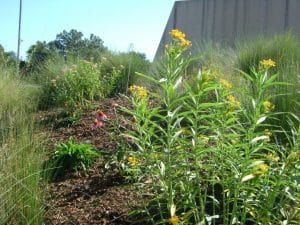School is back in session over most of the state and with that school gardens are being used in curriculum. Hopefully teachers came back to a neat and weed-free space. In the perfect world, teachers would come back to crops planted and paths cleared. If neither of those is your school, you definitely have some work to do this year in building your school garden committee!
Over the coming weeks we will be exploring how to tie your school garden into your classroom curriculum. I look forward to hearing from you all on ideas that you have as well.
This week I want to make sure that all educators are aware of the Great Georgia Pollinator Census. This is happening Friday, August 23rd and Saturday, August 24th. This program is perfect for school gardeners. I have been working with teachers across the state to help them craft events for their students. All that is needed is pollinator garden or an area with several pollinator plants blooming during the census.
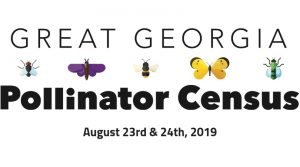
For fifteen minutes, participants count insects that land on a favorite pollinator plant and place the insects into categories:
Carpenter Bees
Bumble Bees
Honey Bees
Small Bees
Wasps
Flies
Butterflies/Moths
Other Insects
The Insect Counting & Identification Guide is found on the website and is the key to success with the project. The observation sheet can be printed and carried to the garden and actual counts will be uploaded to the website. You do not need a strong entomology background to be successful with this project.
Two years of pilot projects helped us refine the project and make it ideal for upper elementary through high school students. It fits in perfectly with STEAM curriculums. The website also has a special page for educators with ideas on how to use the census with your students. We also have a Facebook group, Georgia Pollinator Census, where educators have been sharing ideas.
Happy Gardening!
